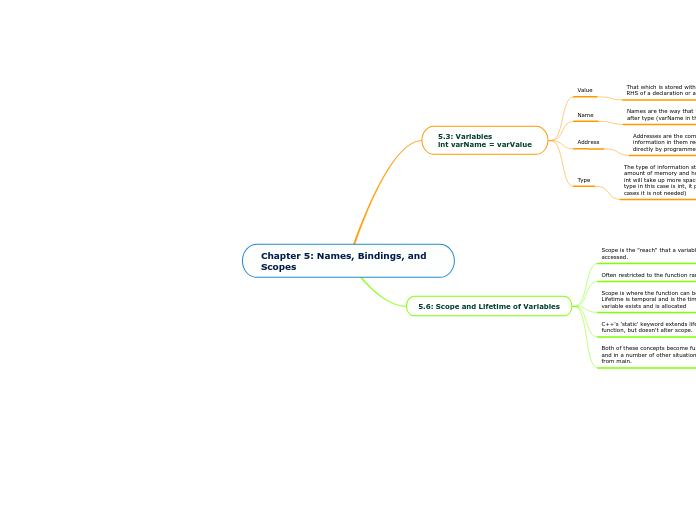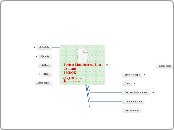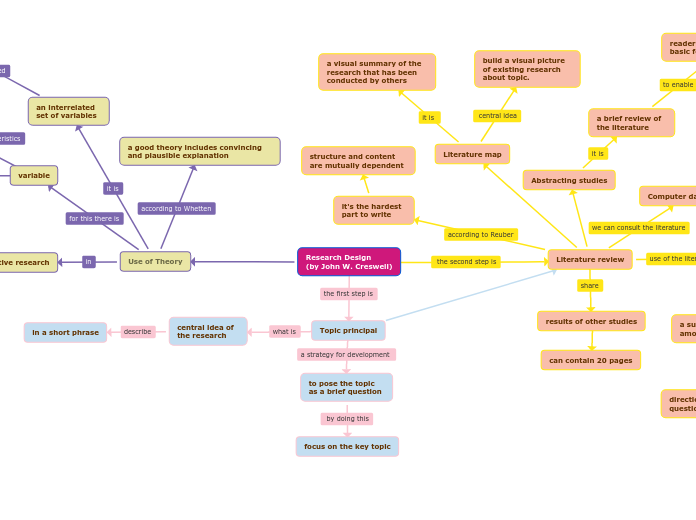realizată de Levi George 4 ani în urmă
281
Chapter 5: Names, Bindings, and Scopes
The section delves into the intricacies of variable management in programming, focusing on the concepts of scope and lifetime. Scope defines the reachability of a variable, indicating where it can be accessed within the code.









